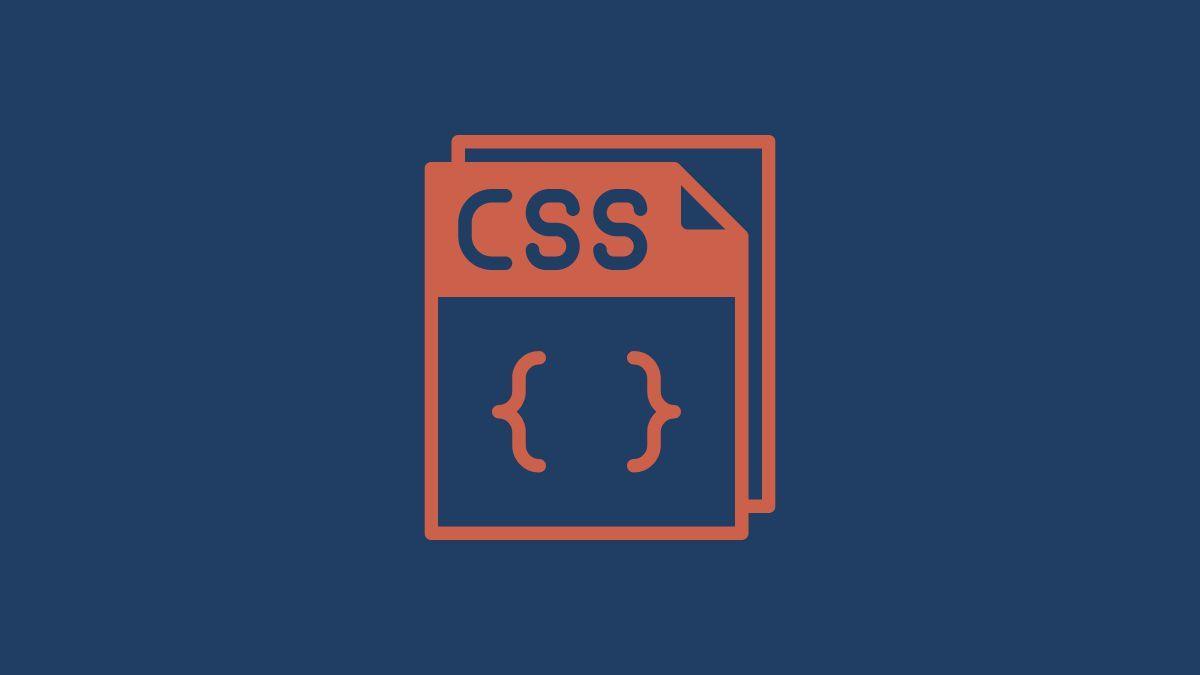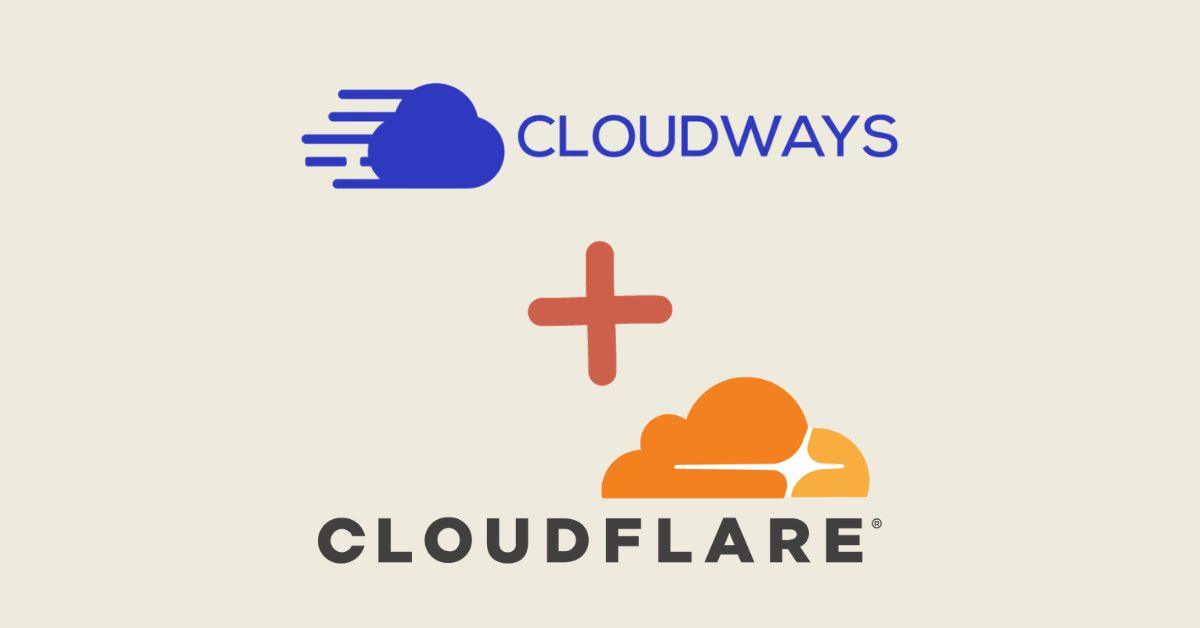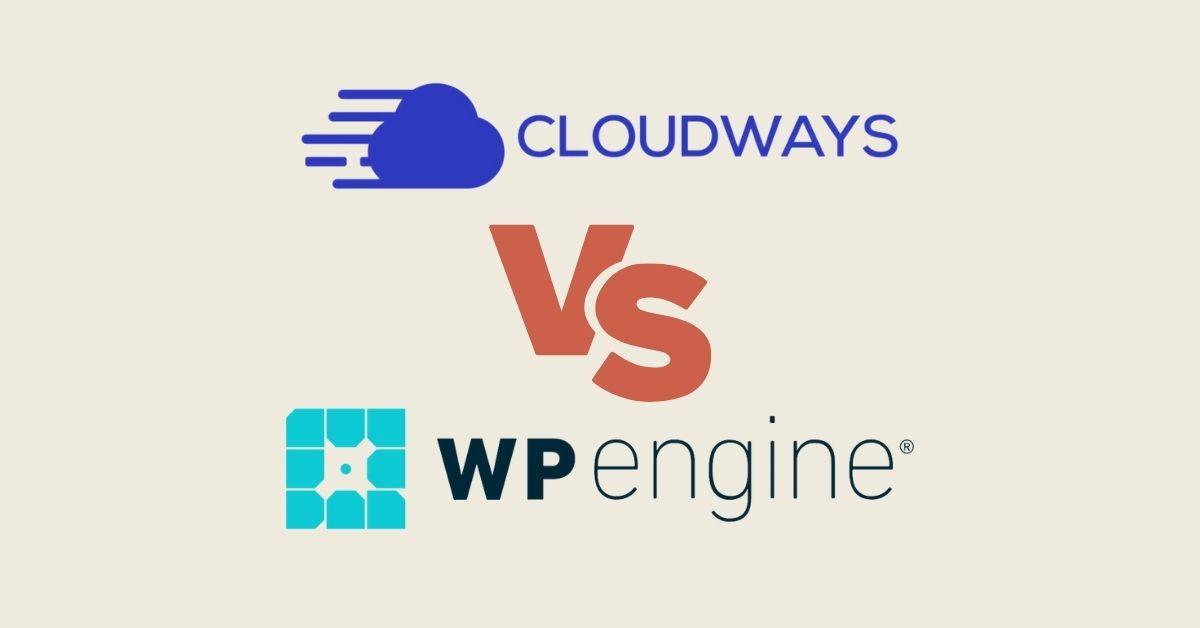Finding a first job as a web developer without experience in today's market, where competition is tough, can be challenging, especially if you are beginning your career.
We'll show you some simple ways to get your first job as a web developer in reality!
Here are 7 tips that can be helpful if you are looking for your first job as a web developer:
Set a Goal, Determine your Aim and Objectives
Keep in mind that no task is ever easy, and to reach somewhere in your career, you have to start somewhere.
By realizing what you want to do and determining your aim, you have already taken the very first step on the ladder of your success.
Focus on your goal, do your research, start thinking about what steps you can take today to help you build your desired career as a web developer in the future.
By visualizing your goal, you will start tracking your progress which will ultimately help you land your dream job.
Key Tips:
- Read different articles on how you can start your career as a web developer.
- Find out what is common among them and match your skillset accordingly.
- Learn what is required to become a web developer and acquire the necessary skills.
- Make a step-by-step outline on how you can achieve your goal based on your skills, time management, resources, etc.
Make an online portfolio
When a client looks for a web developer, they look for someone with skills.
Clients are spending their money, and they look for someone who can deliver, so they visit different websites and search on Google for freelancers who provide their skills at a reasonable cost.
As a beginner web developer, you can share your skills publicly by creating an online portfolio.
It can be a personal blog or a professional resume website to show potential clients your skills, projects, and experience.
By creating a portfolio, you can show a client what you can and prove your worth. To make a good impression on a client, you need to have a convincing portfolio.
Key Points:
- Make your portfolio simple so that users can navigate through it easily.
- Put up your best works, summarize your skills and expertise.
- Do not brag; keep it clean and concise.
- Publish content regularly, maintain it, improve it along the way.
- Use keywords and highlight your skills.
- Share links to your social media sites to get more exposure.
- Make sure your portfolio is up-to-date with all your latest projects together with your correct contact details.
Gain experience and learn
No matter what job you are seeking, employers want you to have experienced most of the time.
When looking for a job, experience is a valuable key, but fresh candidates who find their first jobs do not always have the required experience.
Fortunately for web developers, whether you are just starting your career or a skilled programmer, there are many ways to put your skills to good use to gain valuable experience.
Work as a freelancer
As a web developer, freelance work will help you set up your career by building your credibility.
Check sites like Fiverr, UpWork, People per Hour, etc., to pick up freelance projects and approach small companies to see if they need your skills.
Do freelance work for friends and family for free. Create professional websites for small businesses.
Help someone improve their websites. It will help you gain experience.
Contribute to open-source projects
An open-source is a publicly available project for anyone to use, study, and modify.
Open source projects are great for new web developers to practice their skills and gain valuable experience by helping other developers.
It will build up your profile as a web developer and give you insight into other developers' minds and increase your creativity and problem-solving skills.
When you do good work on open source projects, it will also help you build your reputation in the online community.
Key Points:
- Programming is a process of constant learning; practice what you have learned.
- Do freelance work but keep in mind that you are not doing it to get paid but build up your reputation.
- Develop projects for non-profit organizations, help them get their websites up and running without any cost. This approach will help you to create your portfolio strong.
- Communicate with friends and family, check with local businesses to see if they are looking for software development services.
- Jump to GitHub to find open source projects or start a project of your own and make it open source.
- Make coding a hobby for pure joy.
- The more projects you will work on, the more experience you will gain!
Create a Network
While amazing skills and experience can take you a long way in your career, creating a network is equally important in increasing your online exposure.
When you do freelance work for local companies and small businesses, you build connections with them.
People are more likely to trust someone recommended by a friend than the one they find online.
Social connections can be very impactful for your career growth. Testimonials and recommendations play a major role in getting a job, as they can give your reputation as a freelance developer a major boost.
Key Points:
- Grow your professional network as early as possible.
- Add testimonials from your clients into your portfolio.
- Be sure to enter the client's name and company. (Any potential future clients who have heard of them will be more inclined to hire you for work).
- Result-focused feedback will increase the value of your work.
Become Part of Community
Be a part of a community, as digital or physical.
Join different blogs and tutorial websites to stay in the knowhow. Participate in online communities to learn and gain information regarding your field and any new job opportunities.
Attend offline meetups and conferences as well and share your viewpoints with others of the same field.
It also gives you the perfect opportunity to share your ideas with community members and be inspired by them - it's a great chance for the great feedback and continuous improvement.
Key Points:
- Subscribe to technical blogs and tutorial websites.
- Join online communities like Stack Overflow, WordPress, etc.
- Be open to any interaction online as well as offline.
- Always be willing to learn new things.
Market yourself
Marketing is very important when you are starting your career. If you make a new project or a website, don't be afraid to market it; otherwise, it will not reach the expected audience.
Suppose you create something new use social media sites to market your ideas.
You can spread the word out on Twitter, Facebook, Reddit, etc., so people all over the internet can see how awesome your new website is.
Key Points:
- Share your work in your portfolio.
- Add your website to your social media platforms like Facebook, Instagram, Twitter, and LinkedIn.
- Use email marketing to point subscribers to your website by using monthly newsletters, event promotions, and discounts, educational tips, and tricks.
- Attend meetups and promote yourself by sharing your knowledge.
- Be active online, be open to being contacted by recruiters.
- Share your code on GitHub to expand your skills, and be sure to include your links to your resume.
- Make your resume stand out.
Dedicate Enough Time and Stay Motivated
Many job seekers feel demotivated by the arduous process of finding a new job.
Feel confident in your skills and achievements and go into the process of searching with the understanding that persistence is the key.
Your search will require a long time each day, considering the increasing competition in the online job market.
As long as you stay persistent and dedicate your time and passion to your work, you will be successful.
You may feel discouraged, disconnected, or demotivated at first but keep in mind that drawbacks and failure are also a part of success as you gain experience from them. The more experience you will gain, the more valuable your skills become.
Job hunting as a new web developer can be challenging, but as long as you tackle your smaller goals one by one and keep on track towards your main goal, you will discover that there's plenty to celebrate.
Your achievements and learning experience will be rewarding in themselves in the long run.
Key Points:
- Manage your time and schedule.
- Just remember that chances are you won't be successful overnight. Success is a journey, not a destination. Your persistence will pay off well as long as you don't give up!
- Always acknowledge your achievements.
- Find ways to turn your achievements into advantages that will help you in the future.
If you like this guide, don't forget to share it with others.
Hit subscribe to our YouTube Channel. If you Want to learn Modern web development with video tutorials or courses.






